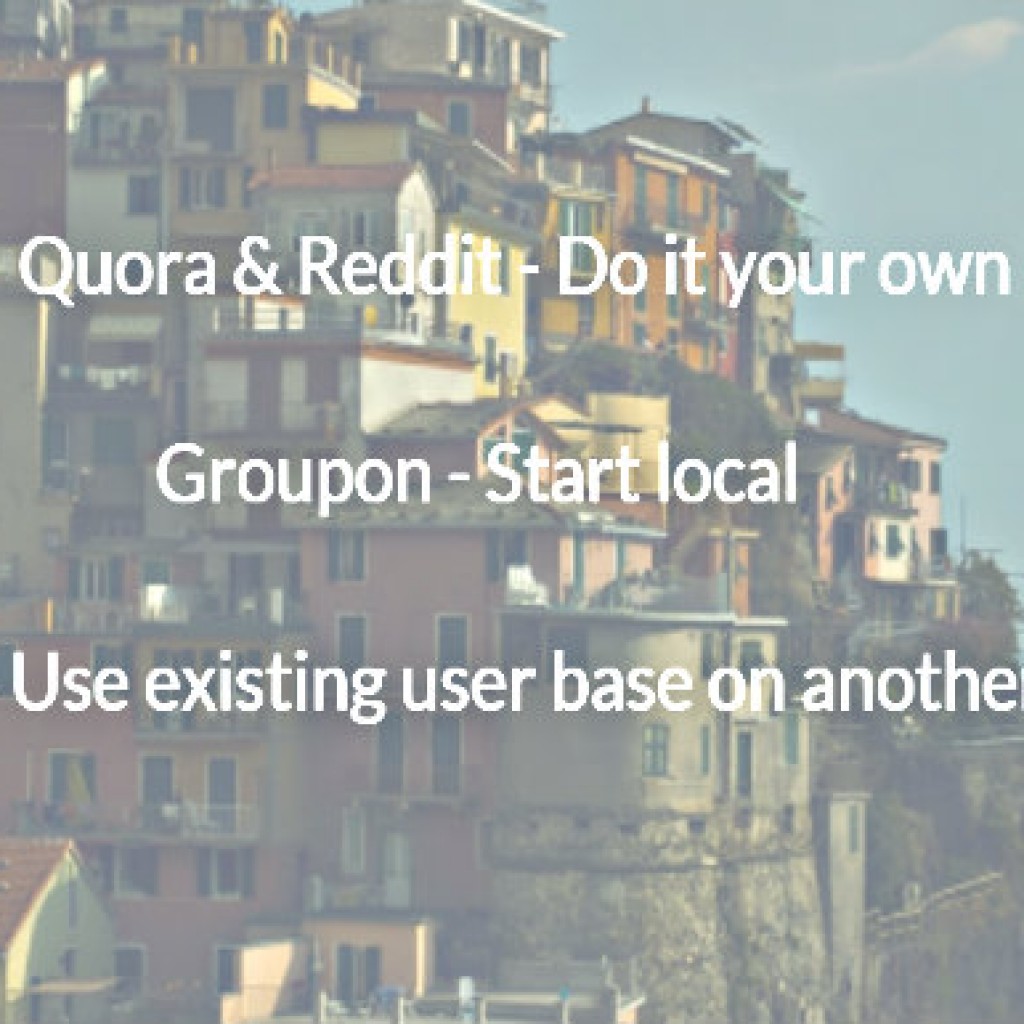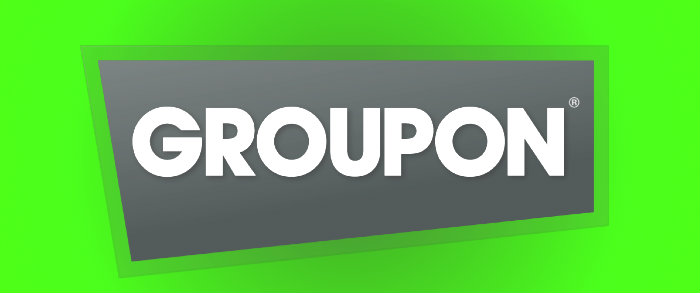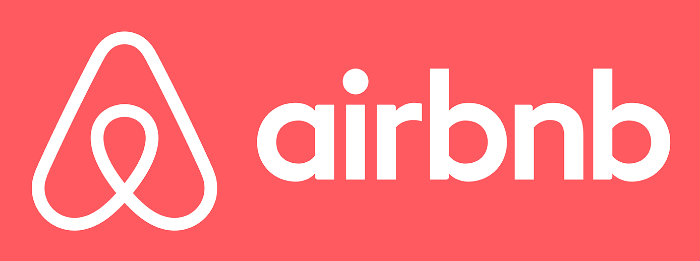
For online startups to gain user traction in any domain is a bumpy ride? There is no rocket science, but a perfect marketing strategy which sometimes works like Dropbox, which goes from 5000 to 75,000 users in one night using a video. Same like Dropbox today we are going to share insightful stories of online startups like Quora, Airbnb etc on “How they able to get such large numbers of users in such little amounts of time”.

Two online startups giants Quora and reddit solved the “empty site = no users / no users = empty site” problem in the same ways. The founders of both online startups spent the first months filling them with content themselves.
On Quora, the founders simply answered and asked lots of questions under their own profiles. But the reddit approach was a bit more interesting. Instead of just using their own accounts, the founders would create fake users to make it look like there were multiple people submitting links. Their ‘submit link’ form featured a third slot: “Username”.
According to Steve Huffman, reddit cofounder, it took several months until they didn’t have to submit content themselves to fill up the front page.
They also focused on keeping everybody in the same place in the beginning. reddit had no subreddits, and Quora was mostly focused on technology. Instead of having users spread out, everyone was in the same place, making the community feel bigger than it was.

The most interesting story in online startups is Groupon story because it is a great example of the things we repeat “Start local, and make a minimal viable product”.
Groupon started as local as they could get. They went around the office building that they were renting a space in, asking people to sign up. Their first campaign? Half-priced pizzas at the restaurant on the first floor. The first 500 sign ups came from here.
After that, they stuck to focusing on local products and services. Because big companies such as Amazon or Wal-Mart were able to negotiate such low prices, not even a big group-buying website could compete with them when it came to items such as televisions and phones. So instead, Groupon focused on unique products from local businesses. A lot of these smaller establishments had never even tried marketing, so Groupon’s offer was enticing. They were able to negotiate much better prices.
As far as the MVP goes, Andrew Mason didn’t want to waste time developing a full platform around the Groupon idea. Instead of trying to build a big team like he had with his first business venture, he got a few people together and set up a WordPress blog that the team would post offers on. Coupons were individually emailed, and no one had a clear idea of what their role or title in the company really was. They spent their first months focusing on seeing how many users they could get as quickly as possible in order to validate the idea, and then started looking into the business side of the company once it was clear that they were onto something big.
And lastly, Groupon focused on offers that were inherently social early on. They had deals for things like cafes, restaurants or movies. These are all things that you invite other people to, so it naturally leads to people sharing the website.

I also found Airbnb’s strategy interesting. Unlike with reddit and Quora, putting up fake offers wasn’t going to work. So instead, they did something a bit different. They used a marketplace that already had a lot of vacation homes to grow: Craigslist. A lot of the people who posted their homes on Craigslist’s vacation homes section received an odd email from a “big fan of Airbnb”.
I am emailing you because you have one of the nicest listings in Craigslist in the Tahoe area, and I want to recommend you feature it to one of the largest vacation rental marketplaces on the web, Airbnb. The site already has 3,000,000 page views a month! Check it out here: http://www.airbnb.com
Each one came accompanied by a semi-anonymous Gmail account, such as Jill D. The thing is, these messages worked. Lots of people started posting their homes on Airbnb as well as Craigslist, which solved the big problem of having users check for places only to find an empty website. The supply side is a lot harder to fill up on a website like Airbnb.
And one thing that also helped Groupon was to going around user’s homes and helping them with their photos. This is a great example of doing things that don’t scale early on. They went from $200 a week to $400 after updating their website with the new photos for each offering.
Mantra for startups:
The whole point of this is to look at what successful startups did, and see if we can apply it to our own marketing. Some key points to consider:
- Try making a video to tell your service, if text isn’t doing it justice. And make sure target the community you’ll be sharing to.
- The best way to make your new community not look like a ghost town is to fill it up yourself. Whether you take the reddit approach of fake users or go with Quora’s team of active members depends on what kind of community it is. Having fake users on Quora, an important aspect of which is credentials for every user, wouldn’t have worked.
- Try taking Airbnb’s existing user base on another service approach and seeing if you can get some of them onto your website. When doing this, it’s important to note that what you’re offering should be better in some way.
- Local is key in a lot of these stories. It’s much easier and cheaper to focus on smaller subset of people than trying to get them all.
